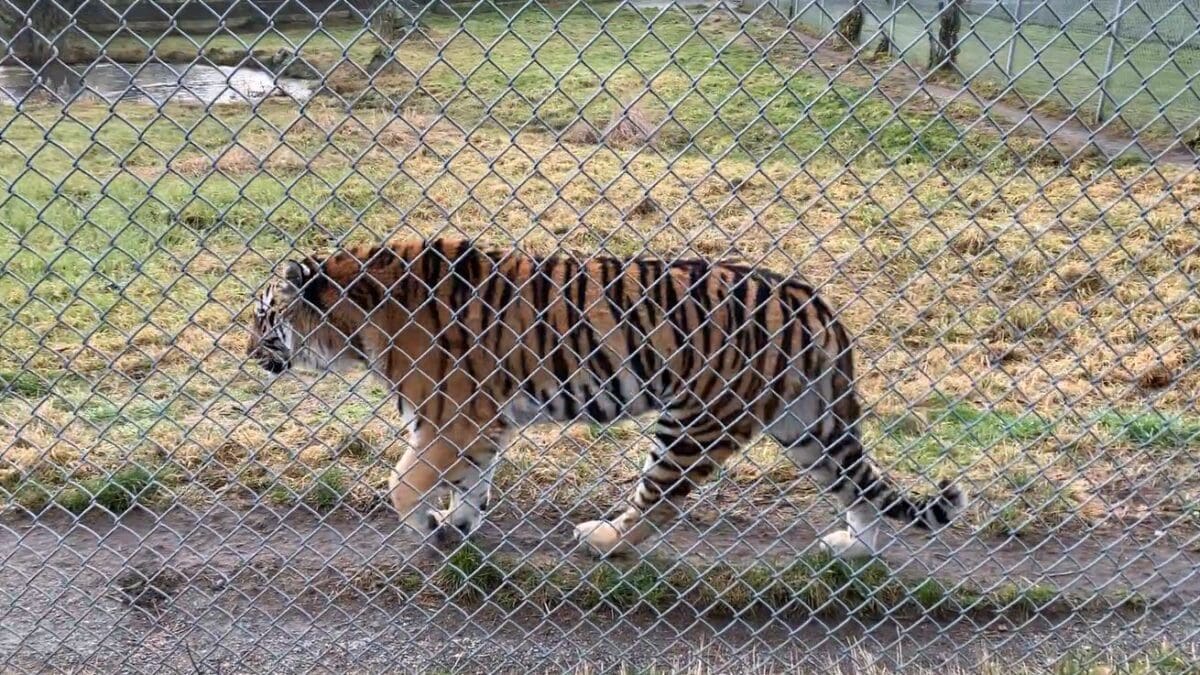Article originally published in The Georgia Straight.
From watching a bear dance in a circus to forcing a dolphin to jump through a hoop, many entertainment acts that were once considered wholesome family fun are now widely seen as archaic acts of animal cruelty. The traditional model of zoos and aquariums may soon be among their ranks.
Public support for animal captivity is waning, according to a new survey carried out by Research Co. The polling data reveals that 89 percent of British Columbians oppose the international trade of exotic wild animals to be kept on display in permanent captivity in zoos and aquariums.
The data comes along with growing awareness of the disease risks of the exotic animal trade. One in four emerging diseases is zoonotic; many of the most serious illnesses of our lifetimes have originated in animals, including COVID-19.
The international trade of animals increases the risk of disease spread.
There are serious ethical issues with keeping exotic animals (wild animals not native to B.C.) in captivity. It’s virtually impossible for a zoo or aquarium to meet the needs of exotic animals. They provide a small, enclosed, unnatural environment, often with a climate that is far different from these animals’ natural habitats.
Because of this, animals succumb to zoochosis.
Zoochosis is a term that describes animal suffering that is not physical but psychological and emotional. Denying animals the freedom to engage in natural behaviours causes, at best, frustration. At worst, the result is extreme neurological distress.
A December incident in which a jaguar from the Greater Vancouver Zoo climbed up a feeding chute and bit an employee exemplifies this zoo’s inability to meet the needs of its animals. The zoo, despite acknowledging on their website that jaguars have a natural instinct to climb and hunt, responded by welding bars to the existing feeding chute.
The survey also revealed mixed opinion on other zoo and aquarium practices. Forty-nine percent of British Columbians support keeping animals in permanent captivity for entertainment and education, while 44 percent are opposed (the remainder are undecided). The educational value of zoos is highly disputed.
Currently, B.C. regulates the keeping of exotic animals through the Controlled Alien Species (CAS) regulation, which prohibits exotic species that pose the greatest threat to public health and safety. This regulation has not had any significant updates since its passing in 2009; it is overdue for changes that align with the evidence around animal suffering in captivity and the values of British Columbians.
Advocates concerned about the plight of captive exotic animals can sign a petition calling on the B.C. government to update the CAS regulation to include animal-welfare considerations; to prohibit the keeping, breeding, and transport of all exotic species for permanent captivity; and to close loopholes that currently permit CAS animals to be kept in zoos and aquariums for film and tv, and in research and education institutions.
As society’s understanding of how exotic wild animals suffer in captivity has grown in recent years, there is an opportunity for zoos and aquariums to move away from keeping animals in permanent captivity. Instead, facilities can embrace interactive, educational animal-free exhibits, along with rescue, rehabilitation, and release programs for injured or orphaned native wildlife.

